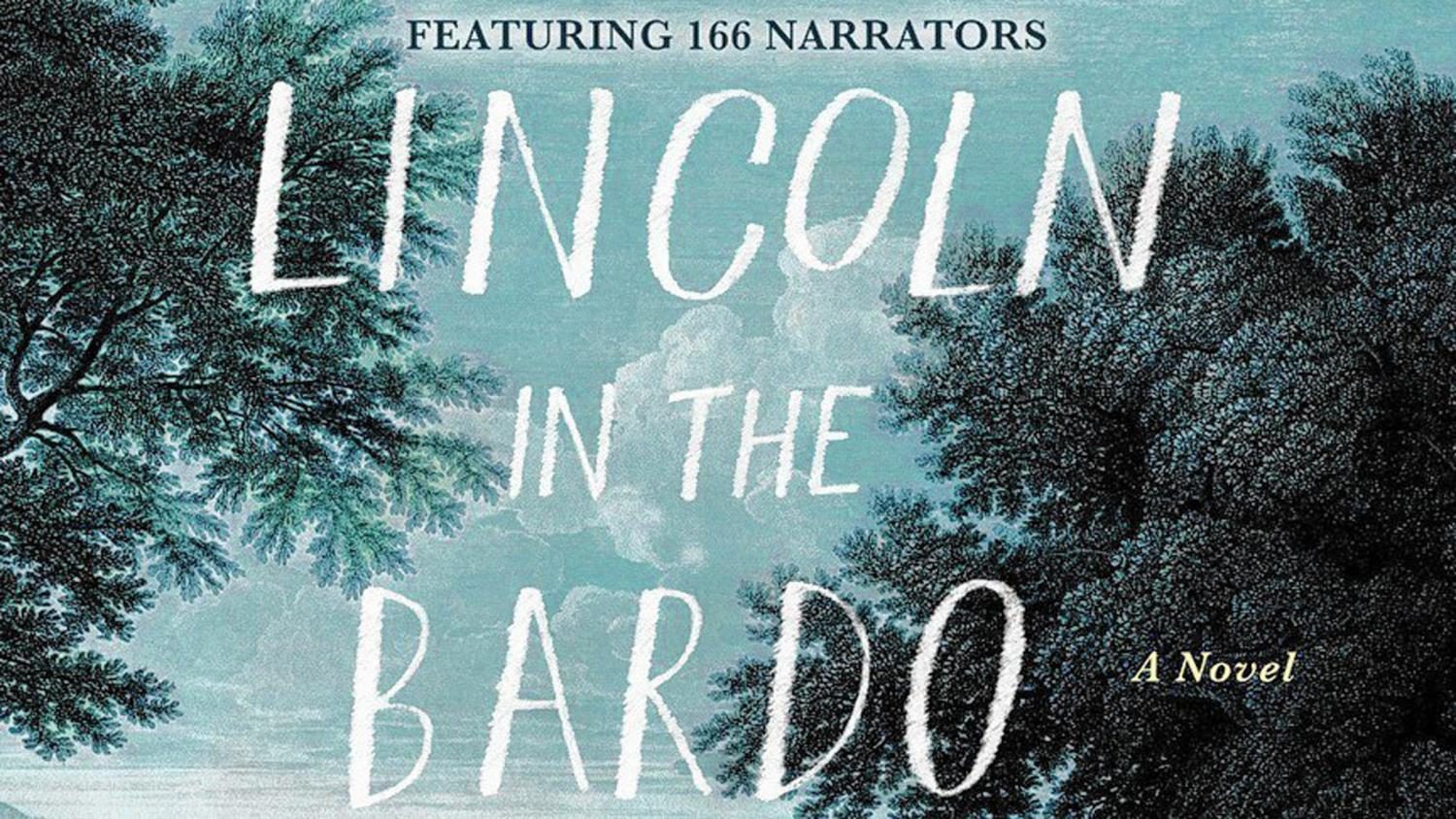George Saunders’ tortured Lincoln
While “Lincoln in the Bardo” is George Saunders’ seventh foray into the world of fiction, it is his first, and thus far only, journey into the land of novel writing. The author of the brilliant collections “Tenth of December” and “Pastoralia” rose to national attention with a dark and cutting satiric eye mixed with a surreal imagination. Hallmarks of Saunders’s writing, such as comically deformed characters and over-the-top instances of violence are all present and accounted for in “Lincoln,” but for every whimsical frill, a deeper purpose materializes.
The novel follows the spirit of eight-year old Willie Lincoln, son of Abraham, during his first night in a Washington cemetery at the dawn of the Civil War. The story is told through a choir of voices, some belonging to the ghosts still haunting the cemetery where young Willie is interred, others belonging to a variety of historical documents, both real and imagined, which detail the child’s death and his parents’ mourning. From these voices, an epic meditation of love, loss and grief emerges, complete with one of the most human portrayals of a historical figure in recent memory. Lincoln himself appears as a lonely and grieving man, at a loss in a world of destruction and cruelty.
Outside of the ghosts, “Lincoln” itself could function as a cutting and ostensible piece of historical fiction. Lincoln’s beloved son did die one year into the Civil War, and the President’s devastation was well noted by the contemporaries of his time. The supernatural element, meanwhile, manages to enhance this historical context without detracting from it in anyway. The initial seed of this story is one Saunders has been kicking around for some time, when, on a tour of Washington, he learned that a grieving Lincoln would enter his son’s crypt in order to hold the child in his arms. Instantly, an image of Abraham Lincoln reenacting Michelangelo’s Pieta cemented itself in Saunders’ mind.
Initially, Saunders had not intended to write a novel, but the story kept growing until he had something much longer than his traditional fare. According to a recent interview with NPR, Abraham Lincoln struck him as an “American saint of sorrow,” a man with “a kind of heroic struggle against depression.” His ghosts, meanwhile, became cynical people “disfigured by desires they failed to act upon while alive.”
The titular Bardo is a riff on the Tibetan concept of the soul’s state between death and rebirth, combined here with Christianity’s view of purgatory. Despite the chronic loneliness of our ghostly protagonists, the novel is filled with a kaleidoscopic array of characters. Together, they jostle each other from page to page. Hans Vollman, Roger Bevins III and the Reverend Everly Thomas are our primary guides through the long night, often interrupting each other’s dialogues with a variety of wry observations and a palpable feeling of loss toward their former lives. As a result of this heavily unique and postmodern structure, the novel itself is an amazingly quick read with some pages containing no more than a half-dozen words.
Of additional note is the audio version of this book, featuring a cast of 166 voice actors. Each line of dialogue, no matter how brief, is given its own actor, with Nick Offerman, David Sedaris and Saunders himself performing as the main trio.
As Willie Lincoln dodges in and out of danger, Saunders’ hysterically macabre view of the afterlife emerges in full view as a place where the dead refuse to move on. The problems this causes are many and varied, and by the end of the novel Saunders manages to convey as much pain as the topic of death should merit for those left behind. How brave it is, Saunders seems to say, to love each other in the face of oblivion.
There within lies the magic of Saunders’ novel: A wacko premise populated by a collection of dark caricatures manages to metamorphose into something as deeply affecting as it is human. It’s a damned good trick and has given Saunders his most successful work to date.
Josh LeMay joined the Basement Medicine staff in Spring 2014, assuming the role of staff reporter.






